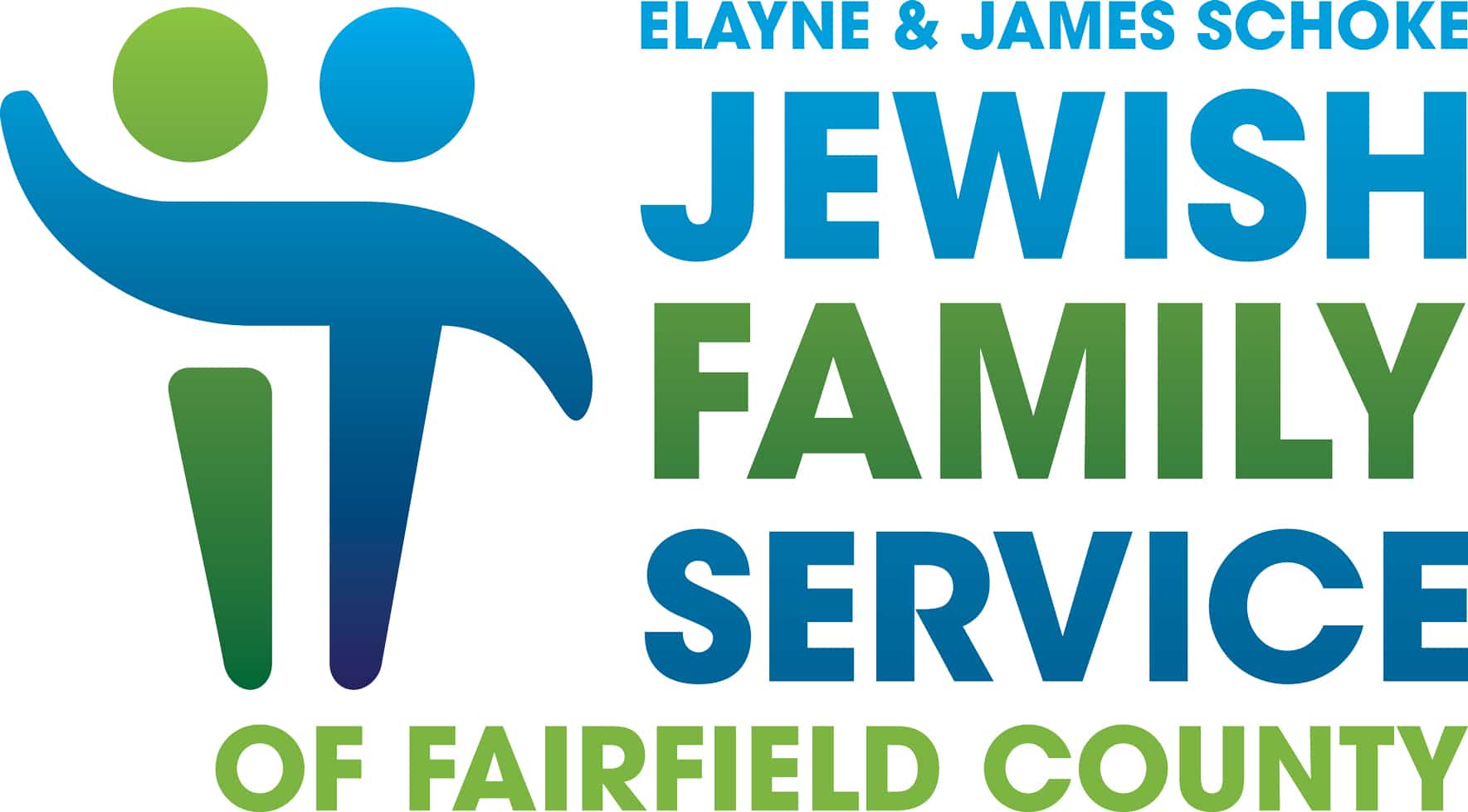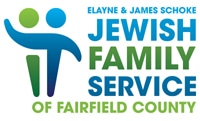Case Management and
Japha Family Emergency Assistance Program
Contact Us
Schoke Jewish Family Service’s Case Management Department provides comprehensive assistance to families and individuals needing supportive aid. These services include socialization programs, finding housing options, and emergency financial support for basic necessities such as food, rent and utilities. Case Management is fully integrated with the other services available through Schoke Jewish Family Service, such as the Kuriansky Family Counseling Program, Home Companion Program, Volunteer Services, and the Freedberg Family Kosher Food Pantry.
For more information about our case management programs, please contact us. If this is an immediate mental health or housing emergency, please call 2-1-1.
Schoke Jewish Family Service’s Case Management Department provides comprehensive assistance to families and individuals needing supportive aid. These services include socialization programs, finding housing options, and accessing benefits.
The Japha Family Emergency Assistance Program provides emergency financial support for basic necessities such as food, rent and utilities.
Case Management Department, including the Japha Family Emergency Assistance Program, is fully integrated with the other services available through Schoke Jewish Family Service, such as the Kuriansky Family Counseling Program, Home Companion Program, Volunteer Services, and the Freedberg Family Kosher Food Pantry.
For more information about our case management programs, please contact us. If this is an immediate mental health or housing emergency, please call 2-1-1.
How We Help
- A Schoke JFS Case Manager can:
- Offer assessments to identify problems, eligibility for temporary public assistance and extent of need for additional services (such as in-home help, meal services and referral to social services or public assistance)
- Review medical issues, socialization needs and home safety
- Help with paying bills, transportation and advocating for legal and financial matters
- Act as a liaison between client and appropriate community services
- Provide relief for those with the responsibility of caring for an elderly family member e.g., check on seniors for out-of-town relations and follow-up communications
- Lend a hand to client with moving from one residence to another, retirement complex, group living arrangement or nursing home
- Referral to social services and partner agencies in community, when indicated


